The featured image for D&D 5e Experience Points Explained is from Wizards of the Coast in Acquisitions Incorporated.
This article contains affiliate links to put gold in our coffers.
Experience points are the default way to level up in D&D 5e, but more and more DMs are switching to milestone/achievement progression. Why is that? What are the pros and cons? We’ll explore these questions around experience points in this article.
How many experience points do you need to level up in D&D 5e?
Here is the official D&D 5e experience-point progression. For reference, I added columns to show the difference in XP between levels and the percentage compared to the previous level. This game’s progression requires far fewer experience points than past editions which were in the millions. Having said that, I haven’t delved into the experience points yielded in different editions.
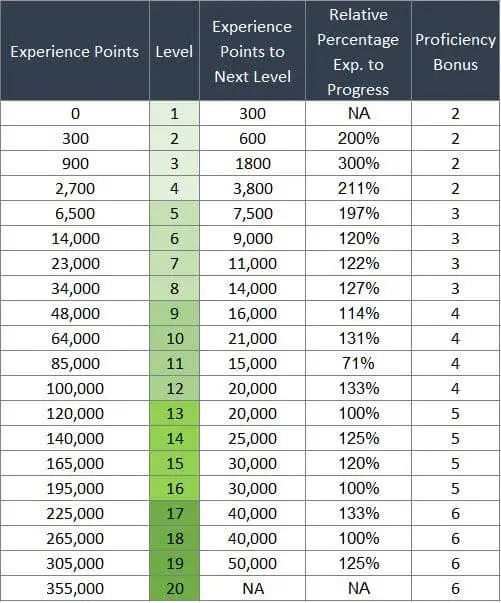
What is an experience point?
It’s a numerical representation/approximation of achievement that pushes your character to be stronger. Experience points are like hitpoints; they’re completely abstract and meant to gamify a roleplaying simulation.
Why did previous D&D editions use different experience point thresholds for different classes?
If you didn’t know, the rate of character progression used to differ by class. Wizards leveled up slower than Fighters, for example, because they required more experience points.
As far as I can tell, previous editions made it easier for martial classes to level up and progress at a faster rate. This made them more durable and powerful at low levels. Spellcasters like Wizards needed more experience points to level up, so they progressed more slowly. Wizards were extremely powerful at higher levels, making up for the dangers they survived. It’s a topic that was explored somewhat in a DM roundtable video on our YouTube channel (which I’ll include below).
My understanding is that the old-school way of slowing down spellcaster progression made a lot of sense. Wizards were godlike at higher levels, but they were feeble at lower levels. It was an achievement to get a spellcaster to high levels, and the rewards for doing so were substantial. Do you think this would be an interesting addition to D&D 5e to even the playing field? Cast Message in the comments below or on YouTube to let me know what you think!
When should I use milestone leveling instead?
Milestone leveling seems to be the preferred method of leveling up in D&D 5e. Many DMs and players have expressed their satisfaction with the milestone leveling system compared to older D&D systems. DMs enjoy controlling the rate of progression.
On a similar note, I’ve performed several surveys about how players and DMs feel about player characters progressing at different rates and being at different levels. Most respondents did not favor that idea, and some outright rejected it, saying they’d never play in a game where player characters were different levels from one another.
Again, I highly recommend watching the video above if you want to explore the nuances of milestone vs. experience points for character progression.
Is it true that gold was once the core level-up mechanic?
Fun fact: there was a time when D&D used gold as the main indicator for character progression. Not only did player characters need gold to level up, but they also needed to spend it (sometimes wasting it). A remnant of this system is found in the DMG when it provides optional rules for downtime training and costs required to level up.
What are the Tiers of Play in D&D 5e?
D&D 5e’s Player’s Handbook defines four tiers of play where gameplay is assumed to differ.
- First Tier: Levels 1-4 (apprentice adventurers)
- Second Tier: Levels 5-10 (facing dangers that threaten cities and kingdoms)
- Third Tier: Levels 11-16 (confront problems that threaten regions and continents)
- Fourth Tier: Levels 17-20 (decide the fate of the world and multiverse)
Cast Message in the comment section below to tell me about how you handle leveling up in your TTRPG group! Feel free to ask questions or get a discussion going, too. You can find more tools for DMs here and for players here.
Check out our most recent articles, our DM tools, and player resources before you go!

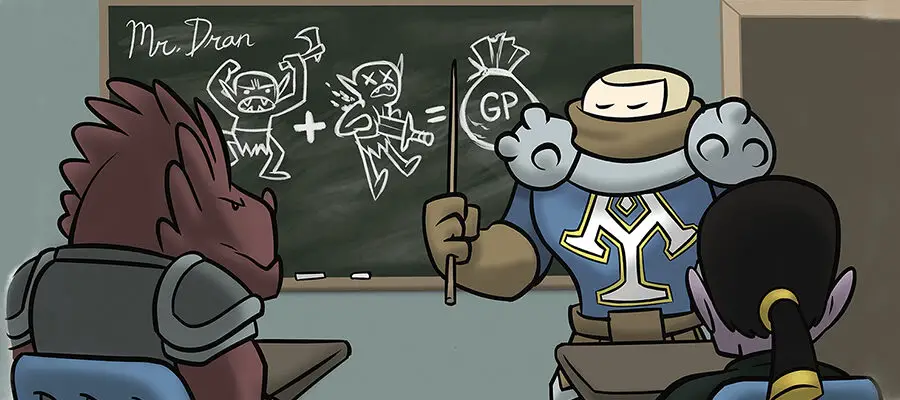
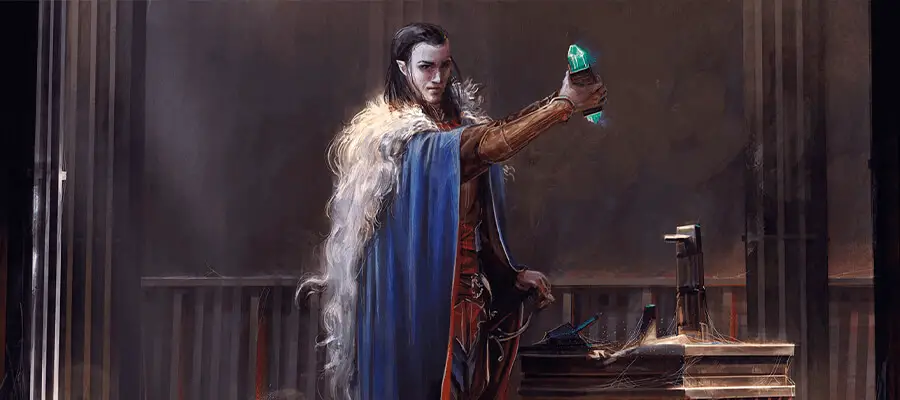
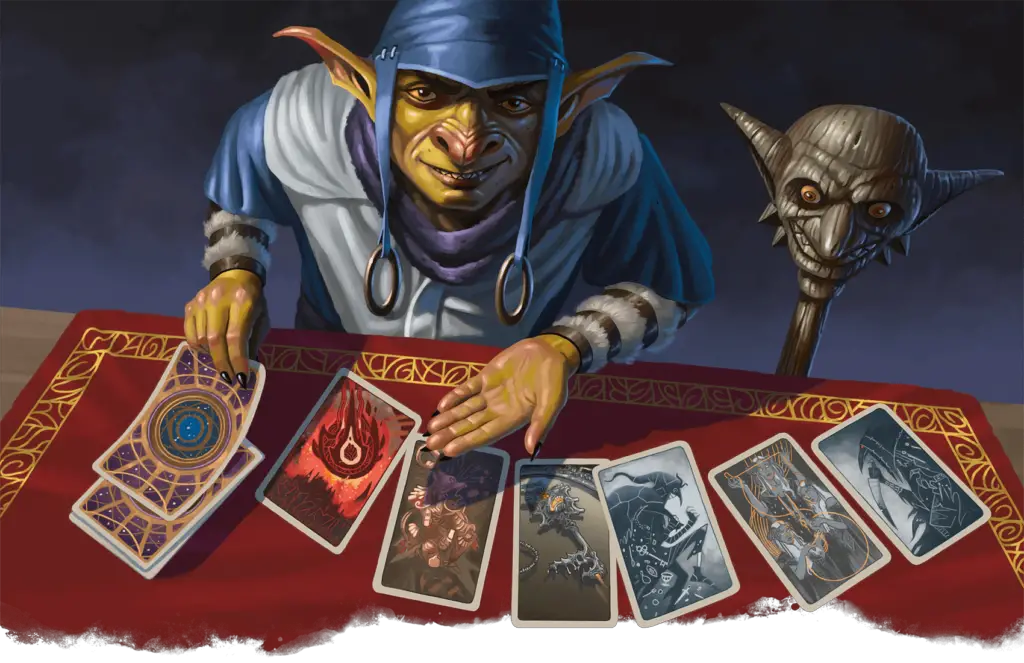
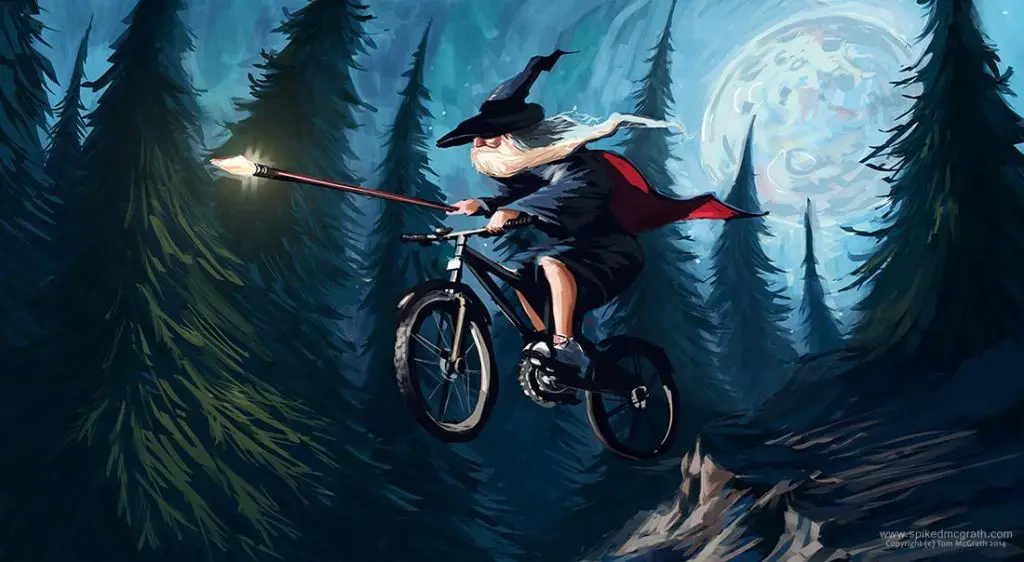
Milestone leveling is synonymous with “When the DM feels like it”. LOL. Sometimes you go multiple quests without a level up because the DM has balanced the next dungeon for a specific level. And sometimes you level up quickly because you’re getting close to the end of the campaign and the boss was balanced for level 15 characters.
That’s a good way to sum up how it’s used in modern 5e 🙂
This is one of my pet peaves. In a properly designed game, the story you play would not be restricted to the current character level. I think 1st and 5e are the best editions in this regard, but, for example, the differences between 1st, 2nd, and 3rd level characters are vast. An adventure must be specifically balanced to the characters’ power level. What makes it worse is that TSR solved the power curve problem at least by 2nd edition Gamma World, 1983. (The root cause is ever-increasing hit points which forces ever increasing damage, etc.)
At this point, I have given up on balancing adventure vs PCs. If the fight is too tough, most of my players now know to run away. The usual case is that they overwhelm their opponents because the odds are heavily stacked in the players’ favor. They feel pretty cool when they murder hoards and they respect the tough fights even more.
I have been playing D&D for 40 years. I don’t see any issues with leveling up characters of different classes at the same rate in 5e. The classes seem fairly balanced.
My group awards XP for “defeating” monsters based on their CR, etc. However, we have a broad definition of “defeating”. It might be better to call it “successfully interacting with.” You get the XP if your party interacts successfully with a creature to further your quest. If the monster was not slain or driven off (full XP), then we adjust this XP amount subjectively based on how difficult it was to bargain, bribe, cajole, etc the creature so as to achieve a positive result.
We also award XP for successful interaction / roleplay subjectively based on successful interaction with the environment (NPC’s, moral quandaries, achieving goals, etc). These are party awards, not individual. I guess this may be a hybrid of the XP vs Milestone methods of advancement.
Benefits:
1)You can reward players for gameplay other than simply killing monsters.
2)The player has a numeric way of seeing the progress they are making toward the next level. That immediate gratification increases player satisfaction vs not having any idea of your progress waiting for the DM to decide they “feel” you should level up.
3)Also, providing “monster XP” gives the players a sense of having some control over leveling up.
Those benefits are what I enjoy in a D&D 5e game! The hybrid approach is fantastic for rewarding players.